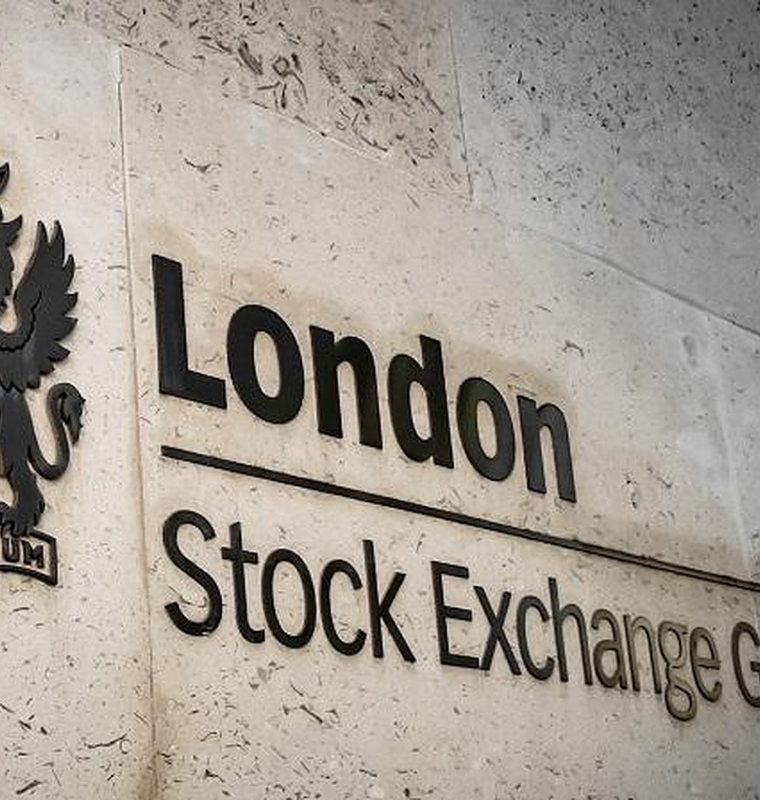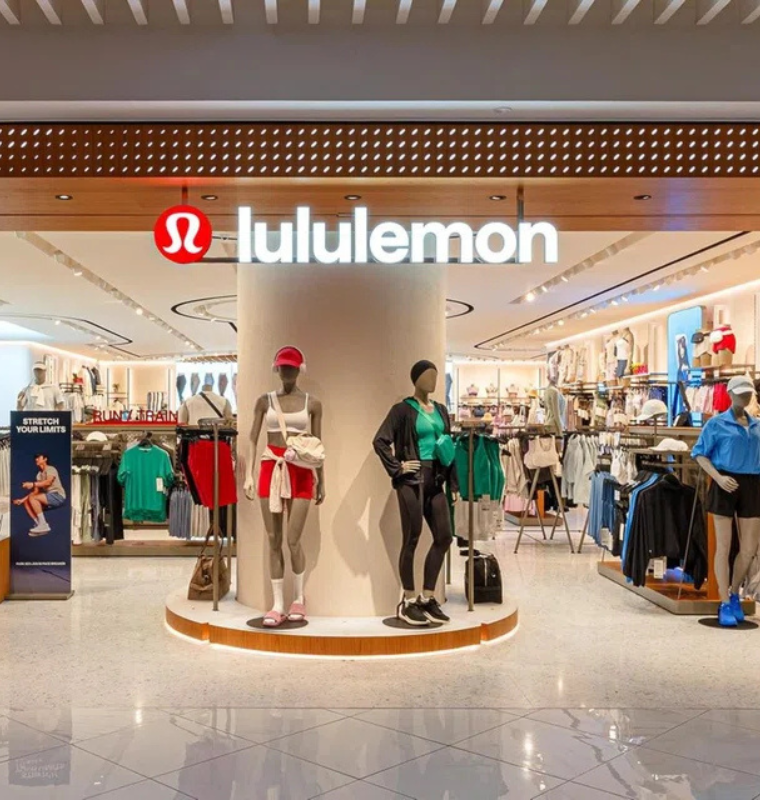Mattel CEO Announces Price Increases, Calls for Zero Tariffs on Toys
Mattel CEO Announces Price Increases, Calls for Zero Tariffs on Toys
By
David Goldfarb
Last updated:
May 7, 2025
First Published:
August 3, 2025

Source: Yahoo
Mattel, the iconic toy manufacturer behind Barbie and other beloved brands, has announced plans to raise prices on its products in the U.S. due to ongoing tariff challenges. CEO Ynon Kreiz also took a firm stance on global trade policy, advocating for zero tariffs on toys to ensure affordability for families.
The Price of Play: Tariff Impact on ToysLast week, President Donald Trump warned Americans that his trade war could make children's dolls cost “a couple bucks more.” That warning now seems increasingly accurate. In its recent earnings report, Mattel revealed that tariffs are putting pressure on pricing, with the company planning to take “pricing action” in the U.S. market to counter the financial impact.
Mattel CFO Anthony DiSilvestro stated that the current tariffs would cost the company approximately $270 million this year, even before accounting for mitigation strategies. One notable example is the price of a Barbie doll with a swimsuit at Target, which surged by 42.9% in mid-April to $14.99, according to Telsey Advisory Group's pricing analysis.
A Strategic Shift: Diversifying ManufacturingTo reduce its reliance on China, where nearly 80% of U.S. toys are manufactured, Mattel plans to diversify its supply chain. CEO Ynon Kreiz indicated that by 2025, China will account for less than 40% of Mattel's global toy production, down from the current industry average of 80%. By 2026, U.S. imports from China are expected to decrease to under 15%, and by 2027, less than 10%.
However, the company will not be shifting production to the United States. Kreiz explained that manufacturing in other countries remains more cost-effective despite tariff challenges. Mattel's strategy involves relocating the production of 500 toys from China to countries with more favorable economic conditions.
Calling for Global Tariff ReformAmid these changes, Kreiz remains vocal about the broader issue of tariffs on toys. During a call with investors, he asserted that eliminating tariffs on toys worldwide would provide more children with affordable access to play. He emphasized that maintaining low-priced toys (around $20 or less) for 40% to 50% of Mattel's product line is a key priority.
Economic Uncertainty and Consumer SpendingDue to unpredictable consumer behavior, especially during peak shopping seasons, Mattel has paused its full-year 2025 guidance. The company acknowledged that the volatile economic landscape makes it challenging to forecast spending trends, a sentiment echoed by other corporations facing similar issues.
Mattel’s strategy to tackle tariff-induced price hikes reflects the broader challenges faced by the toy industry amid shifting global trade policies. While families may soon see higher prices on beloved toys, the company is actively pursuing strategic manufacturing shifts to mitigate long-term impacts.
Popular articles
Subscribe to unlock premium content
Gaming Gold Rush

Luxury on the Streets

The Secret Investment Market of Private Historical Artifacts

Gaming Gold Rush

Luxury on the Streets

Gaming Gold Rush









